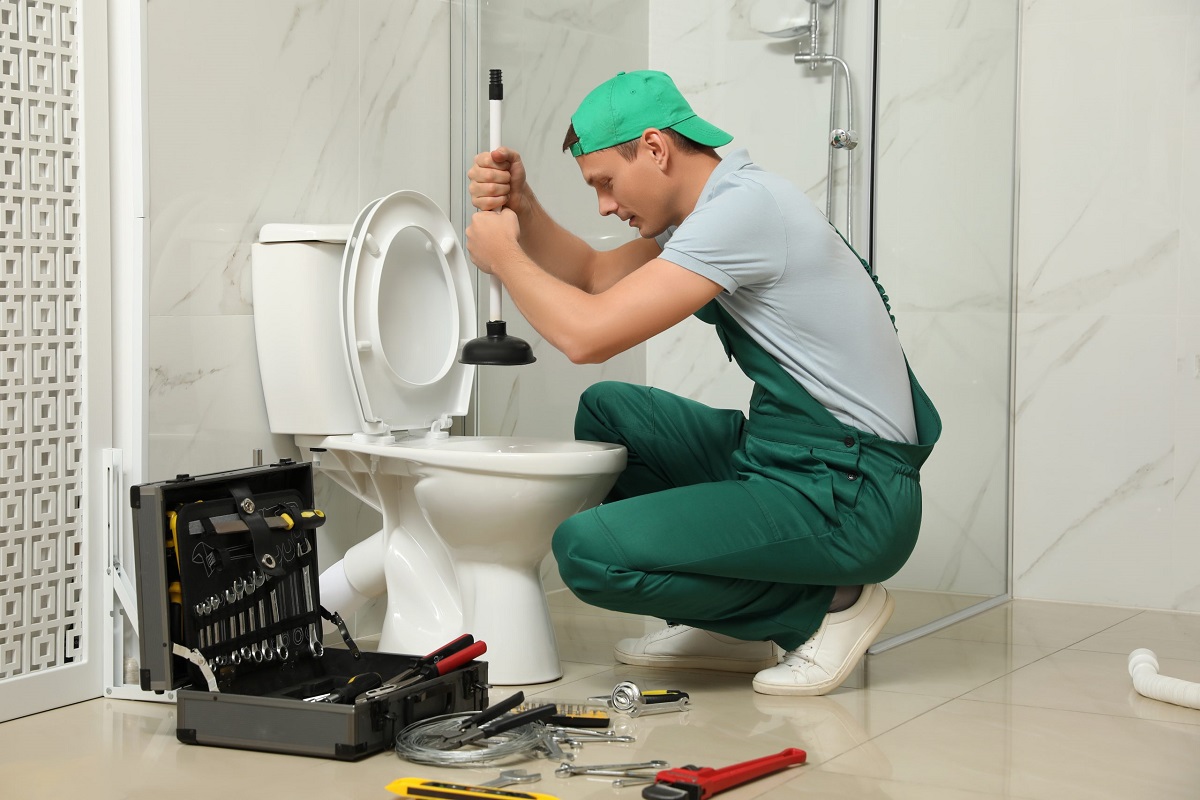

Articles
How Much For Plumber To Unclog Toilet
Modified: May 6, 2024
Looking for articles on how much it costs to hire a plumber to unclog a toilet? Find out the average prices and get tips for saving money
(Many of the links in this article redirect to a specific reviewed product. Your purchase of these products through affiliate links helps to generate commission for Storables.com, at no extra cost. Learn more)
Introduction
Dealing with a clogged toilet can be a frustrating and unpleasant experience. When the plunger fails to clear the blockage, it may be time to call in a professional plumber. But before picking up the phone, it’s important to understand the factors that can affect the cost of hiring a plumber to unclog a toilet. By having a clear understanding of these factors, you can make an informed decision and ensure that you are getting the best value for your money.
When it comes to plumbing services, several factors can impact the cost. The severity of the clog, the location of the blockage, the time of day, and even the plumber’s level of expertise can all play a role in determining the final cost. Understanding these factors can help you anticipate the expenses and avoid any surprises when you receive the bill.
On average, the cost of hiring a plumber to unclog a toilet can range from $150 to $300. However, it’s important to note that this is just an estimate, and the actual cost can vary depending on several factors. Let’s take a closer look at these factors to get a better understanding of how they can influence the cost of plumbing services.
Key Takeaways:
- Hiring a plumber to unclog a toilet can cost between $150 to $300, but factors like severity of the clog, location, and plumber’s expertise can influence the final price. Be prepared for potential additional costs.
- Before hiring a plumber, consider DIY methods like using a plunger, hot water and dish soap, or baking soda and vinegar to unclog a toilet. Exercise caution and prevention to avoid extensive repairs.
Factors Affecting Cost of Plumbing Services
When it comes to plumbing services, several factors can significantly impact the overall cost. Understanding these factors can help you better prepare for the expenses and make an informed decision when hiring a plumber to unclog your toilet.
Severity of the Clog: The severity of the clog is one of the primary factors that can affect the cost of plumbing services. A minor clog that can be easily cleared with a plunger or a simple drain snake may cost less compared to a severe blockage that requires more extensive measures, such as hydro jetting or even the removal of the toilet.
Location of the Blockage: The location of the clog within the plumbing system can also impact the cost. If the blockage is closer to the toilet and can be easily accessed, it may be less expensive to unclog. However, if the clog is further down the drain or in the sewer line, it may require specialized equipment and more labor-intensive techniques, resulting in higher costs.
Time of Day and Emergency Services: Plumbing emergencies can happen at any time, including after regular business hours or on weekends. In such cases, plumbing companies may charge additional fees for emergency services. It’s important to inquire about these extra charges and discuss any time constraints you may have when scheduling an appointment.
Plumber’s Expertise: The level of expertise and experience of the plumber can also affect the cost. Plumbers with more experience and specialized skills may charge higher rates for their services. While it can be tempting to choose a cheaper option, it’s crucial to consider the plumber’s qualifications and reputation to ensure a job well done.
Materials and Equipment: Depending on the nature of the clog and the requirements of the job, additional materials and equipment may be necessary. These can include drain augers, hydro jets, or even specialized cameras to locate and assess the blockage. The cost of these materials and equipment may be included in the overall service charge or added as a separate line item.
By considering these factors, you can have a better idea of what to expect in terms of cost when hiring a plumber to unclog your toilet. However, it’s essential to remember that each situation is unique, and the final cost can vary depending on the specific circumstances.
Average Cost of Hiring a Plumber to Unclog a Toilet
When faced with a stubbornly clogged toilet that the plunger cannot fix, it is wise to hire a professional plumber to resolve the issue effectively. Understanding the average cost of hiring a plumber to unclog a toilet can help you budget for the necessary expenses and avoid any financial surprises.
On average, the cost of hiring a plumber to unclog a toilet can range from $150 to $300. This estimate typically includes both the labor and materials required to diagnose and resolve the clog. However, it’s important to keep in mind that this is an average cost, and the final price can vary based on several factors.
The severity of the clog plays a significant role in determining the cost. A simple blockage that can be cleared relatively easily may fall on the lower end of the price range. Conversely, a more complex and stubborn clog that requires time-consuming methods or specialized equipment may result in a higher cost.
The location of the blockage can also impact the overall price. If the clog is closer to the toilet and easily accessible, the plumber may be able to resolve it quickly, resulting in a lower cost. On the other hand, if the blockage is deeper in the plumbing system or requires access to the sewer line, more time and effort may be required, leading to a higher price.
The average cost may also be influenced by the plumber’s level of expertise and experience. Plumbers with more experience and specialized training may charge higher rates for their services. While it can be tempting to opt for a cheaper option, it is crucial to consider the plumber’s qualifications and reputation to ensure a job well done.
It is essential to note that additional costs may arise for emergency services or after-hours appointments. Plumbing emergencies can occur at any time, and if you require immediate assistance, the plumber may charge extra for their prompt response and availability outside of their regular working hours.
When hiring a plumber, it is always wise to request an estimate before they begin the work. This will ensure transparency and help you better understand the potential costs involved. Additionally, be sure to discuss any specific concerns or requirements you may have to avoid any unforeseen charges.
Ultimately, the average cost of hiring a plumber to unclog a toilet provides a rough estimate to guide your budgeting process. However, it is essential to remember that each situation is unique, and the actual cost can vary based on factors such as the severity of the clog, the location of the blockage, and the plumber’s expertise. By considering these factors and discussing them with your plumber, you can ensure a fair and accurate estimate for the services required.
Cost Breakdown of Plumbers’ Services
When hiring a plumber to unclog a toilet, it’s helpful to understand the breakdown of costs associated with their services. By having a clear understanding of the various factors that contribute to the final bill, you can better assess the value and ensure transparency in the pricing.
The cost breakdown of plumbers’ services typically includes the following components:
- Labor: The labor cost is one of the primary components of a plumber’s service charges. It includes the plumber’s time spent diagnosing and resolving the clog. The complexity of the clog, the time required to resolve it, and the plumber’s experience level can all influence the labor cost.
- Materials and Supplies: Depending on the nature of the clog and the specific tools required, plumbers may need to use various materials and supplies to fix the issue. This can include drain clearing solutions, plungers, drain snakes, or even more advanced equipment like hydro-jetters. The cost of materials and supplies used by the plumber may be included in the overall service charge or listed as a separate line item.
- Travel and Transportation: Plumbers often factor in travel and transportation costs when providing their services. This includes the time and expenses associated with traveling to your location. In some cases, plumbers may charge a flat fee for travel, particularly for out-of-area or emergency service calls.
- Emergency or After-Hours Fees: Plumbing emergencies can happen at any time, and if you require immediate assistance outside of regular business hours, the plumber may charge an additional fee for emergency or after-hours services. It is important to clarify any potential extra charges upfront to avoid any surprises when receiving the bill.
- Service Call Charge: Some plumbers may impose a service call charge, which is a fee for their time and expertise in diagnosing the clog, regardless of whether or not they fix the issue. This charge helps cover the plumber’s time and the cost of evaluating the problem.
- Additional Services: Depending on the specific circumstances and needs, there may be additional services required. For example, if the plumber discovers that the clog is a result of a more significant underlying issue, such as a damaged sewer line, additional services may be necessary. These services will have their respective costs, which will be communicated by the plumber.
It’s important to communicate openly with the plumber about their charges and ensure a clear breakdown of the costs before the work begins. This will not only help you understand what you are paying for but also enable you to compare quotes from different plumbers and make an informed decision based on your budget and specific needs.
Remember, the cost breakdown of plumbers’ services can vary depending on the specific situation and the plumber you hire. Be sure to request an estimate and discuss any additional fees or charges to avoid any surprises when it comes time to pay the bill.
To unclog a toilet, you can try using a plunger first. If that doesn’t work, you can use a toilet auger or call a plumber. Prices for a plumber to unclog a toilet can vary, so it’s best to get a few quotes before hiring someone.
Additional Costs to Consider
When hiring a plumber to unclog a toilet, it’s essential to consider any additional costs that may arise during the process. Being aware of these potential expenses can help you budget accordingly and avoid any financial surprises. Here are some additional costs to consider when dealing with a clogged toilet:
- Replacement Parts: In some cases, the plumber may need to replace certain parts of the toilet to fully resolve the clog. This can include replacing the wax ring, flange, or even the entire toilet if necessary. The cost of these replacement parts will vary depending on the specific requirements and the type of toilet you have.
- Accessibility Issues: If the clog is located in a hard-to-reach area or if the plumbing system requires significant dismantling to access the blockage, additional labor and time may be required. Plumbers may charge extra for these accessibility issues due to the additional effort involved.
- Repairs and Maintenance: In some cases, unclogging a toilet may reveal underlying issues with the plumbing system, such as leaks or damaged pipes. To prevent future problems and ensure the overall functionality of your plumbing system, these repairs and maintenance tasks may need to be addressed. Additional costs may be associated with these repairs, including materials and labor.
- Permit Fees: Depending on your location and the scope of the plumbing work involved, you may need to obtain permits from your local municipality. Permit fees can vary and should be considered when budgeting for the overall cost of hiring a plumber.
- Cleanup and Restoration: Unclogging a toilet can sometimes result in water spills or damage to the surrounding area. Depending on the extent of the mess, additional cleanup and restoration may be necessary. This can include drying the affected area, replacing damaged flooring or fixtures, and ensuring proper sanitation. The cost of cleanup and restoration will vary depending on the specific requirements.
- Maintenance Advice: After unclogging the toilet, the plumber may provide recommendations or advice on how to maintain your plumbing system to prevent future clogs. This can include tips on proper toilet usage, routine maintenance, and the use of preventive measures such as drain screens or enzyme cleaners. While this advice may not come with a direct cost, it’s essential to consider any additional expenses associated with implementing these maintenance practices.
It’s important to communicate openly with the plumber and discuss these additional costs during the initial consultation. This will help you understand the full scope of the work involved and ensure that you budget appropriately. Remember to ask for estimates and clarify any potential fees or charges to avoid any unexpected expenses.
By considering these additional costs, you can make a more accurate assessment of the total expenses involved in hiring a plumber to unclog your toilet. This will help you plan your budget effectively and ensure that you have the necessary funds to address any potential issues that may arise during the process.
Read more: How To Unclog A Toilet
Tips for Hiring a Plumber
When it comes to hiring a plumber to unclog your toilet, it’s important to choose a qualified and reliable professional who can get the job done efficiently and effectively. Here are some tips to help you find the right plumber for your needs:
- Do Your Research: Start by researching local plumbers in your area. Look for professionals who specialize in unclogging toilets and have a good reputation for quality work. Read customer reviews and ratings to get a sense of their reliability and customer satisfaction. Ask for recommendations from friends, family, or neighbors who have had similar plumbing issues.
- Check Licenses and Insurance: Ensure that the plumber you hire is licensed and insured. A valid license indicates that the plumber has met certain professional standards and requirements. Insurance coverage protects you and the plumber in case of any accidents or damages that may occur during the job.
- Experience Matters: Find out how long the plumber has been in business and their level of experience in dealing with clogged toilets specifically. A plumber with years of experience will likely have encountered various types of clogs and will know the most effective methods to resolve them.
- Get Multiple Quotes: It’s always a good idea to obtain multiple quotes from different plumbers. This will give you a better understanding of the average cost and help you compare prices. However, keep in mind that the lowest quote may not always be the best choice – consider the plumber’s reputation, experience, and qualifications along with the cost.
- Inquire About Guarantees and Warranties: Ask the plumber if they offer any guarantees or warranties for their work. A reputable plumber should stand behind their services and offer some form of guarantee to ensure customer satisfaction. This demonstrates their confidence in their workmanship.
- Ask About Availability and Response Time: Inquire about the plumber’s availability, especially if you have a plumbing emergency and need immediate assistance. Find out if they offer emergency services or after-hours appointments, and if so, ask about the associated fees. A reliable plumber should be responsive and able to accommodate your needs in a timely manner.
- Consider Communication and Professionalism: Pay attention to how the plumber communicates and interacts with you during the initial consultation. They should be professional, courteous, and willing to answer any questions or concerns you may have. Good communication is key to ensuring that your expectations are met and that you have a positive experience throughout the process.
By following these tips, you can increase your chances of hiring a skilled and trustworthy plumber to unclog your toilet. Remember to do your due diligence, compare quotes, and assess the plumber’s qualifications before making a decision. Hiring the right professional will not only ensure a successful unclogging but also provide peace of mind knowing that the job is done correctly and efficiently.
DIY Methods for Unclogging a Toilet
Dealing with a clogged toilet can be a frustrating experience, but before calling a plumber, you may want to try a few do-it-yourself methods to unclog the toilet. Here are some DIY techniques that may help clear the blockage:
- Plunger Method: A plunger is a common tool used to unclog toilets. Ensure that there is enough water in the toilet bowl to cover the suction cup of the plunger. Place the plunger over the drain hole and push down firmly, then pull up quickly. Repeat this motion several times to create suction and hopefully dislodge the clog. If successful, the water level should drain away or flush normally.
- Hot Water and Dish Soap: Boil a pot of water and add a few tablespoons of dish soap. Carefully pour the hot, soapy water into the toilet bowl from waist height. Allow the mixture to sit for a few minutes to break down the clog. Then, use a plunger to pump the water in a quick and forceful motion to help clear the blockage.
- Baking Soda and Vinegar: Start by pouring a cup of baking soda into the toilet bowl. Next, add a cup of white vinegar. Allow the mixture to fizz and bubble for about 30 minutes. Then, flush the toilet to see if the clog has cleared. The combination of baking soda and vinegar can help break down the clog and unclog the toilet.
- Closet Auger/Snake: A closet auger, also known as a toilet snake, is a flexible tool that can be inserted into the toilet drain to break up the clog. Follow the manufacturer’s instructions to feed the auger into the drain and rotate the handle to dislodge the blockage. Be careful not to scratch the toilet bowl with the auger, and if the clog persists, it may be time to call a professional plumber.
- Chemical Drain Cleaners: Chemical drain cleaners can be effective in clearing clogs, but they should be used with caution. Read the instructions carefully and wear protective gloves and eyewear. Pour the recommended amount of drain cleaner into the toilet bowl, and let it sit according to the instructions. Flush the toilet to see if the clog has been cleared. Avoid using excessive amounts of chemical drain cleaners, as they can cause damage to the plumbing system if misused.
While these DIY methods can often resolve minor clogs, it’s important to exercise caution and not force any objects down the toilet that could further exacerbate the issue. Additionally, if the clog persists or if you are unsure about performing the DIY methods, it is advisable to seek the assistance of a professional plumber.
Remember, prevention is key in avoiding clogged toilets. Avoid flushing excessive amounts of toilet paper or non-flushable items and consider using a drain screen to catch debris. Regular maintenance and timely intervention can help keep your toilet running smoothly and prevent the need for extensive repairs in the future.
Conclusion
Dealing with a clogged toilet can be an unpleasant and frustrating experience, but understanding the factors that affect the cost of hiring a plumber and exploring DIY methods can help you navigate through the situation with confidence.
When it comes to the cost of hiring a plumber to unclog a toilet, several factors come into play. The severity and location of the clog, time of day, plumber’s expertise, and materials used all influence the overall cost. By being aware of these factors, you can better anticipate expenses and make an informed decision.
On average, hiring a plumber to unclog a toilet can range from $150 to $300, but it’s important to remember that this is just an estimate. The actual cost may vary depending on your specific circumstances.
In addition to the cost of plumbing services, there are additional expenses to consider. This includes replacement parts, accessibility issues, repairs and maintenance, permit fees, cleanup and restoration, and ongoing maintenance advice. These factors should be carefully examined to ensure you are prepared for any potential additional costs.
When hiring a plumber, it’s essential to do your research, check licenses and insurance, and consider their experience and availability. Getting multiple quotes, inquiring about guarantees, and assessing their communication and professionalism are also crucial steps in finding the right plumber for your needs.
If you prefer to tackle the clog yourself, several DIY methods can be attempted. Using a plunger, hot water and dish soap, baking soda and vinegar, or a closet auger/toilet snake can often resolve minor clogs. However, caution should be exercised when using chemical drain cleaners, and it’s important not to force objects down the toilet.
In conclusion, a clogged toilet is a common household issue that can be addressed with the help of a professional plumber or with some DIY techniques. By considering the various cost factors, exploring DIY methods, and being proactive in preventing clogs, you can effectively handle the situation and keep your plumbing system running smoothly.
Remember, if you are unsure or uncomfortable with performing any DIY methods or if the clog persists, it is always best to seek the assistance of an experienced plumber who can offer comprehensive and reliable solutions.
Now that you're well-versed in the costs associated with unclogging a toilet, why not delve deeper into maintaining your restroom's best performance? Our next feature, "15 Amazing Toilet Repair for 2024," offers ingenious solutions to keep your toilet in tip-top shape. From simple fixes to more complex repairs, discover practical advice that will save you time and money. Whether you're tackling minor issues or looking for more extensive guidance, this article has got you covered. Keep your bathroom functioning beautifully with these forward-thinking strategies!
Frequently Asked Questions about How Much For Plumber To Unclog Toilet
Was this page helpful?
At Storables.com, we guarantee accurate and reliable information. Our content, validated by Expert Board Contributors, is crafted following stringent Editorial Policies. We're committed to providing you with well-researched, expert-backed insights for all your informational needs.
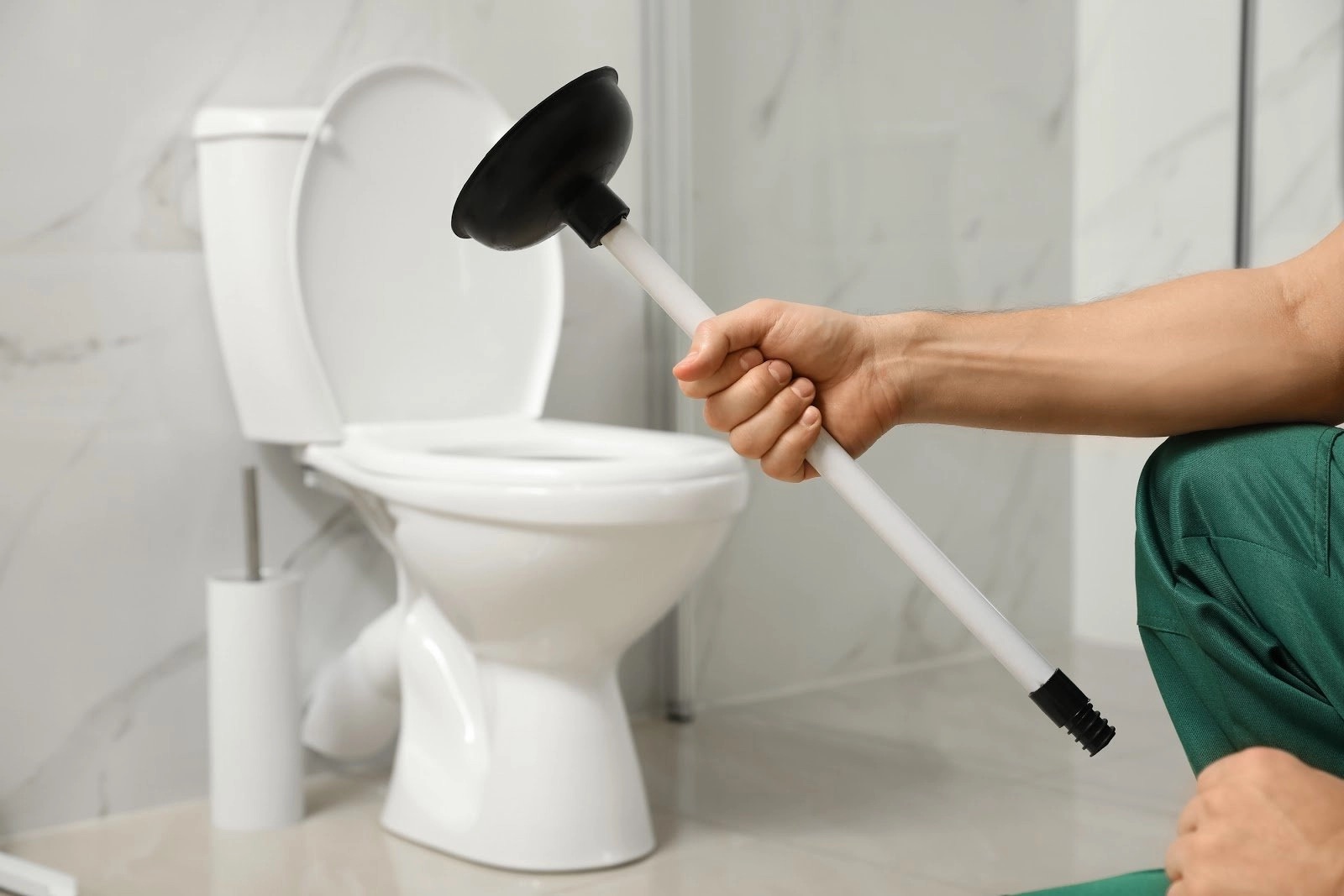
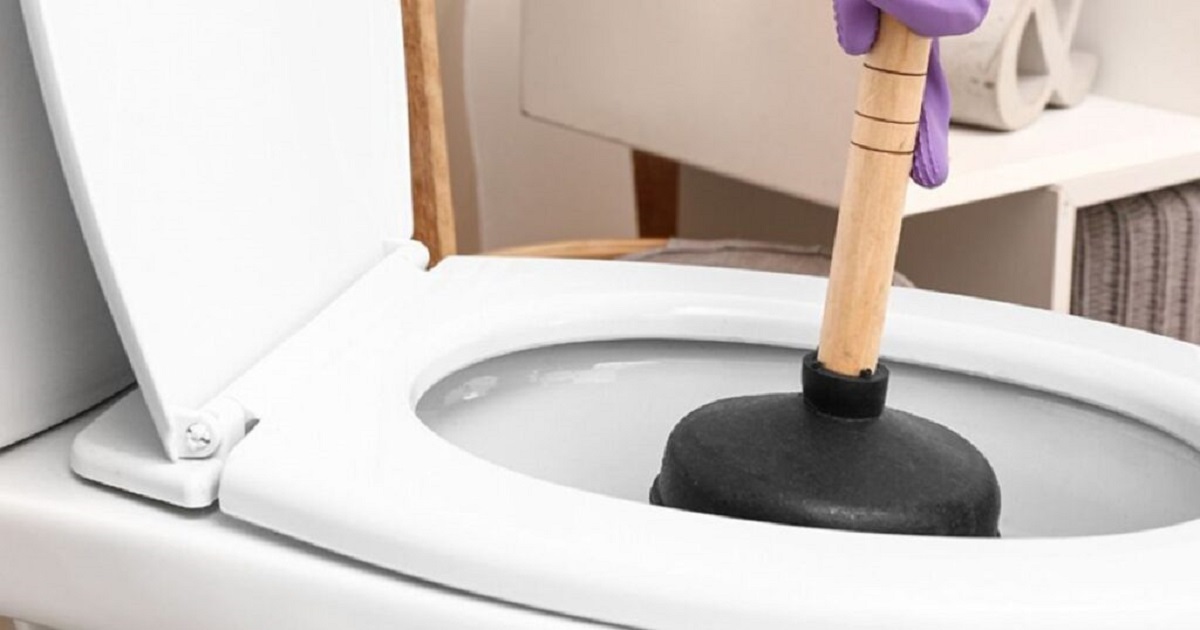
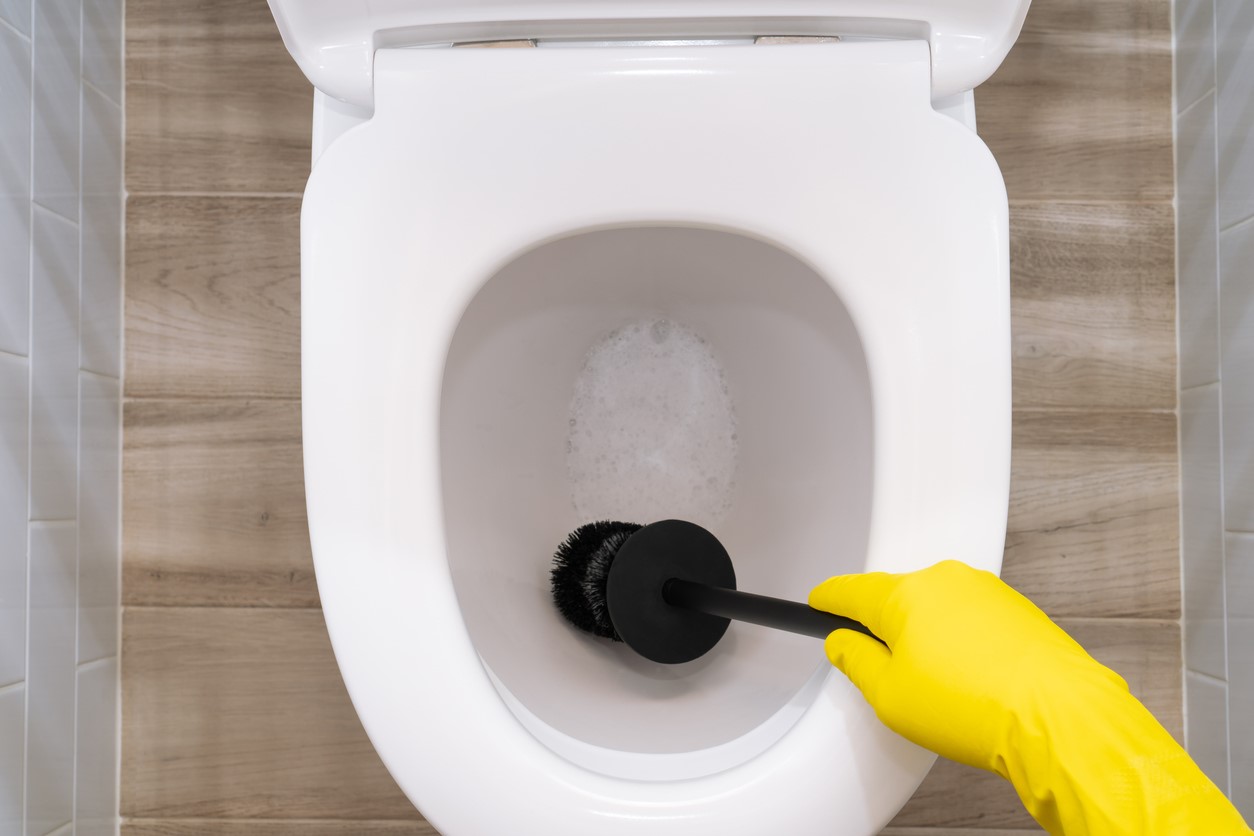
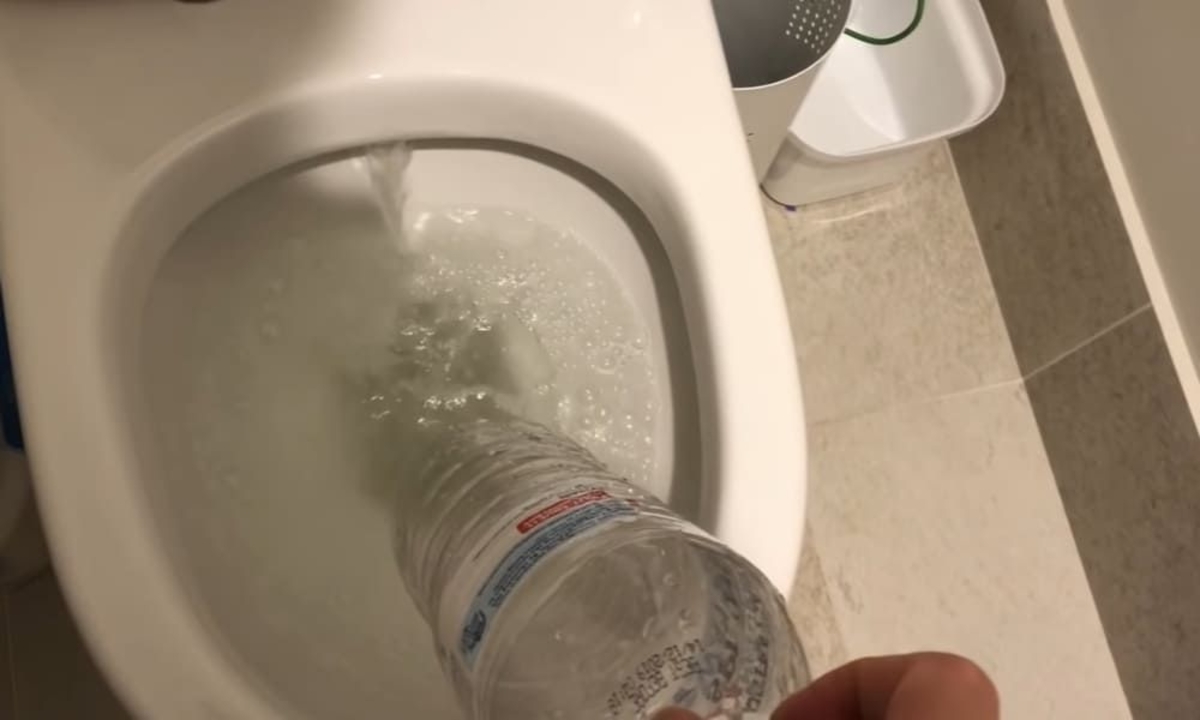
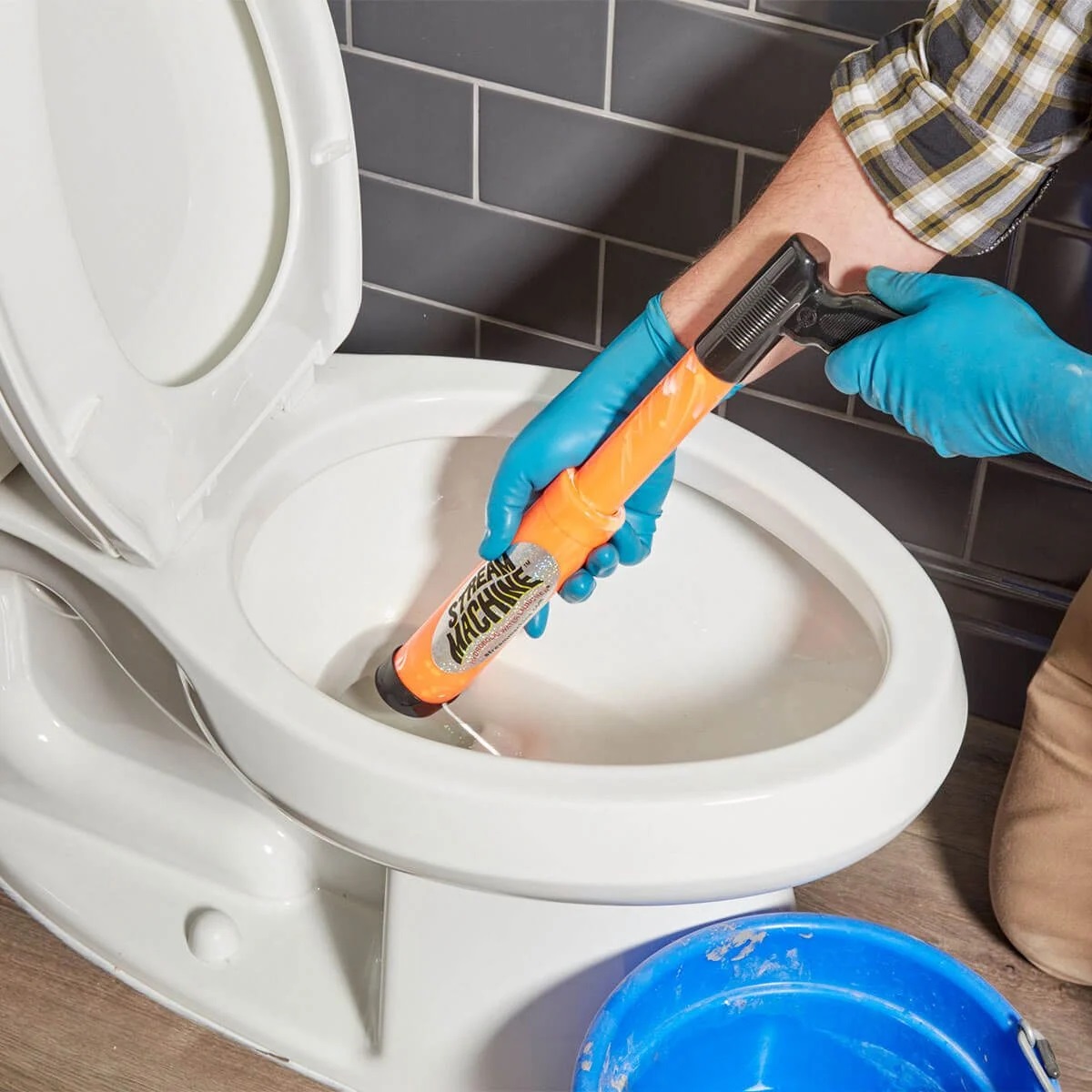
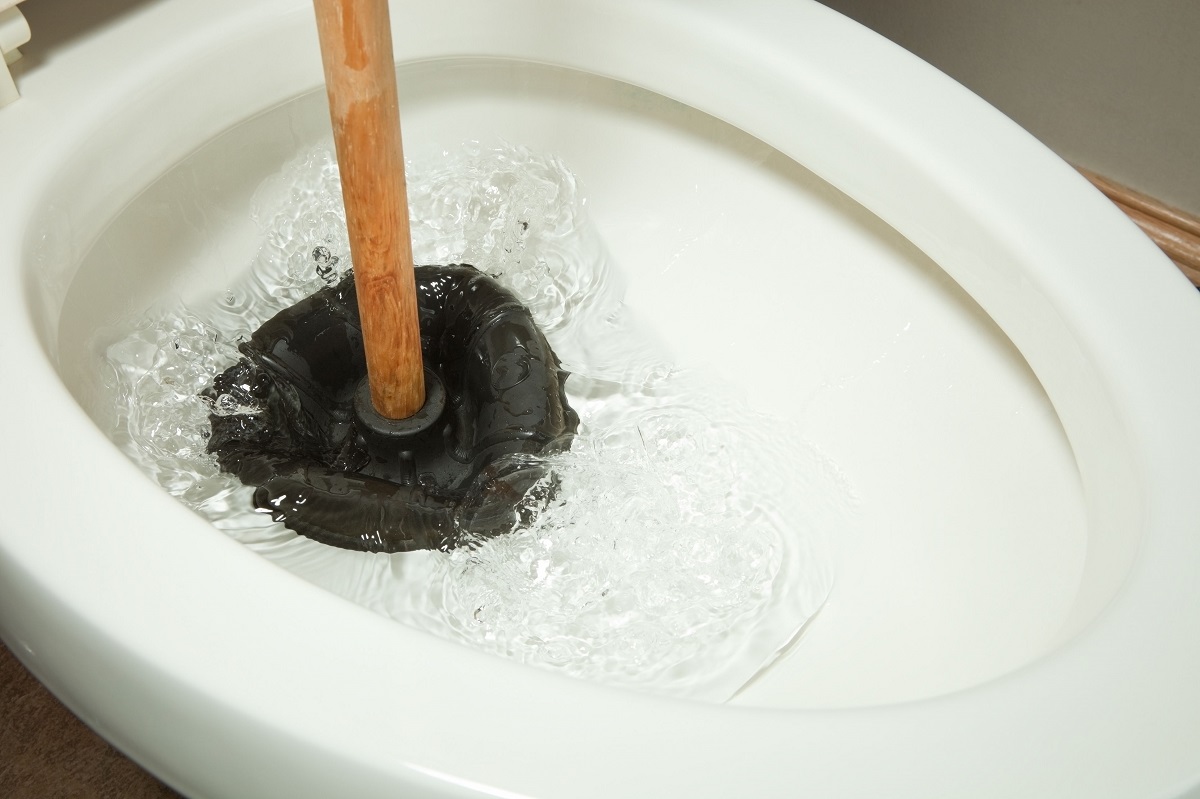
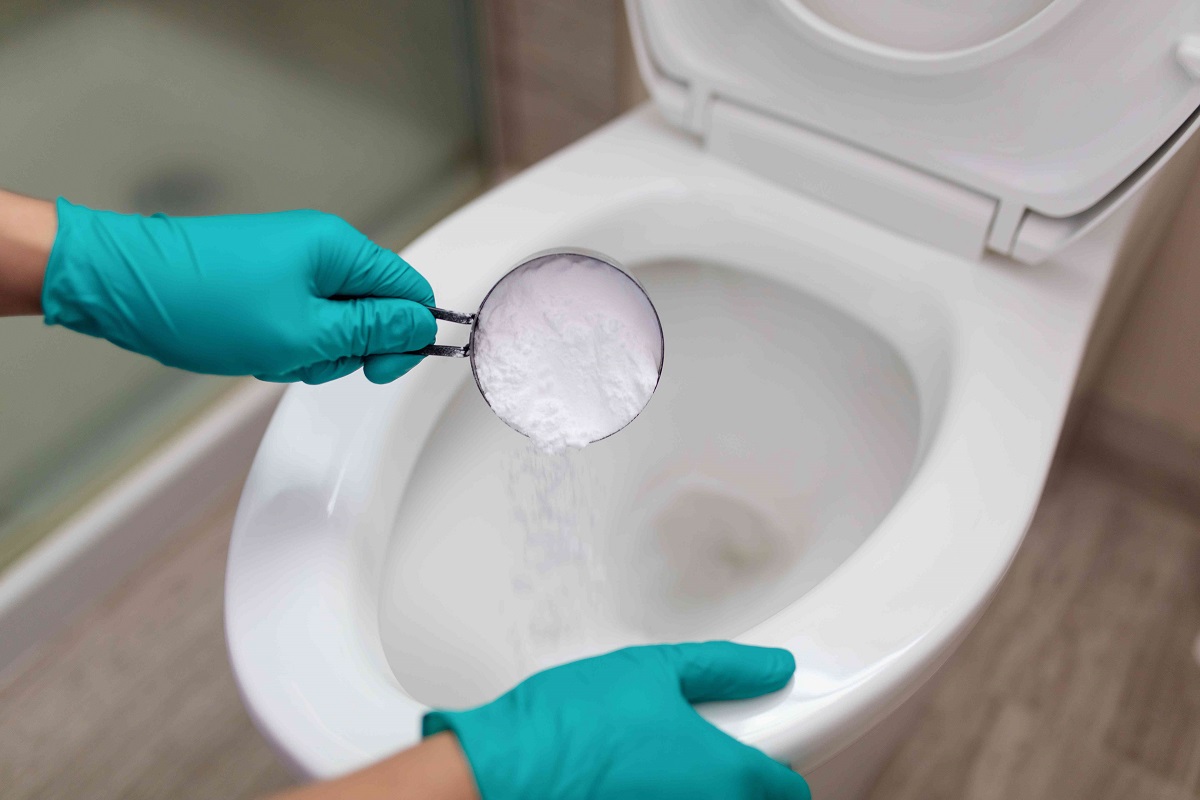
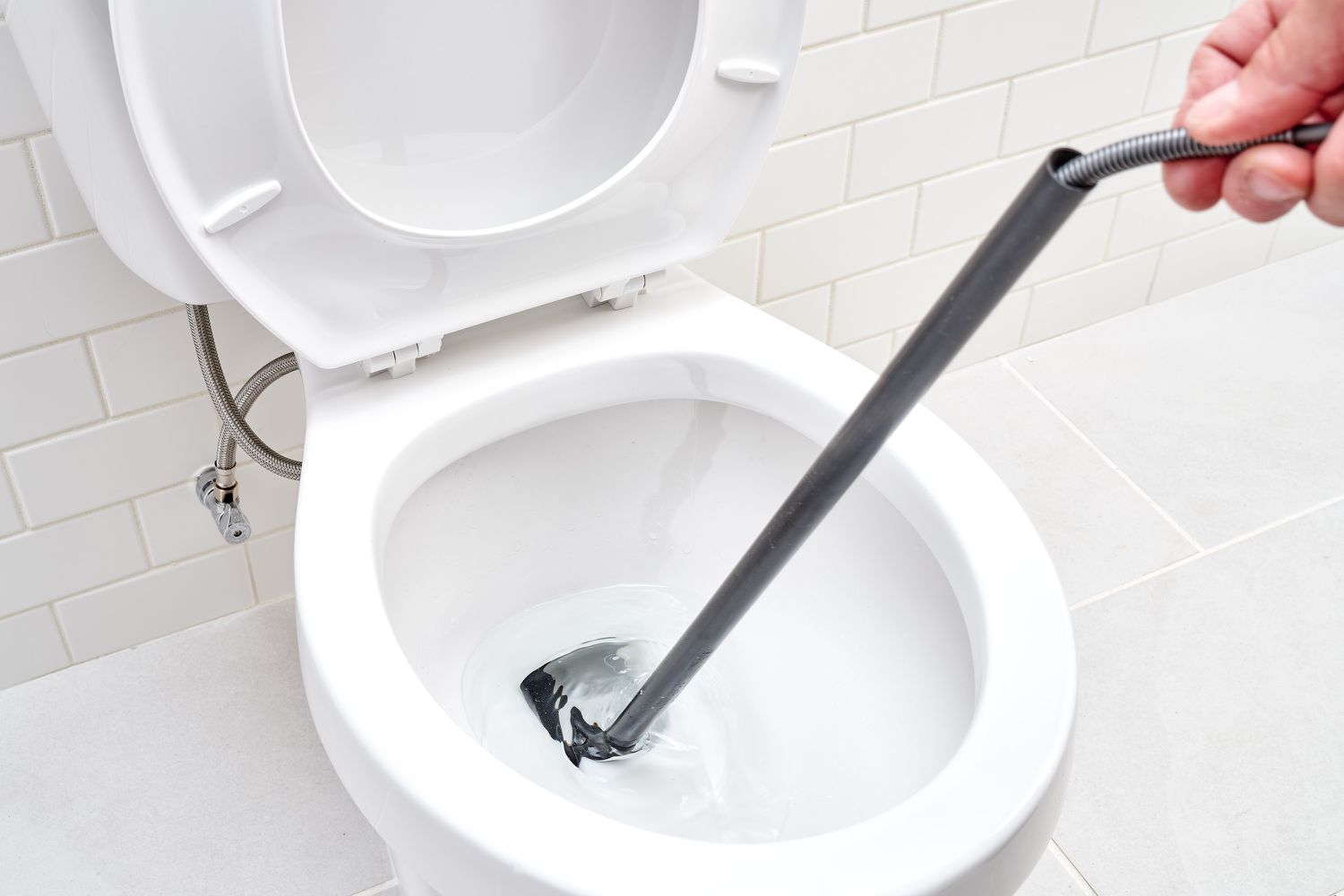
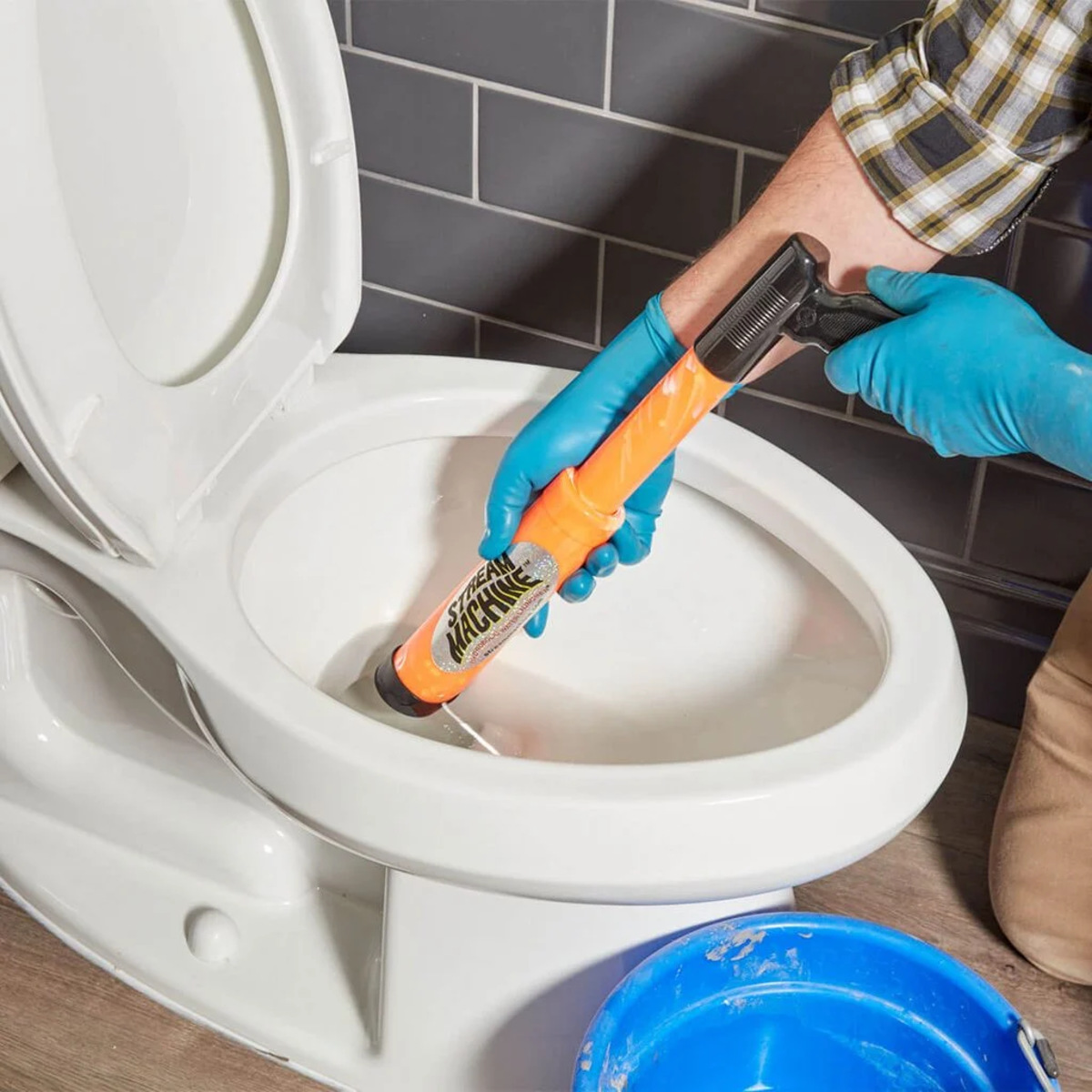
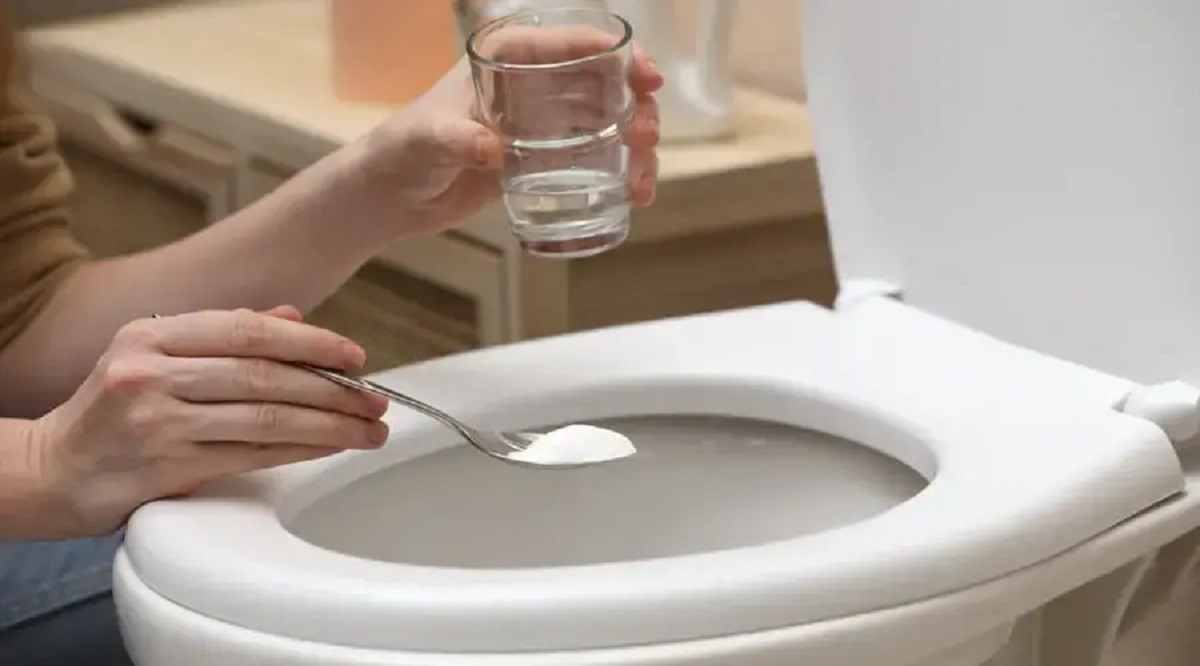
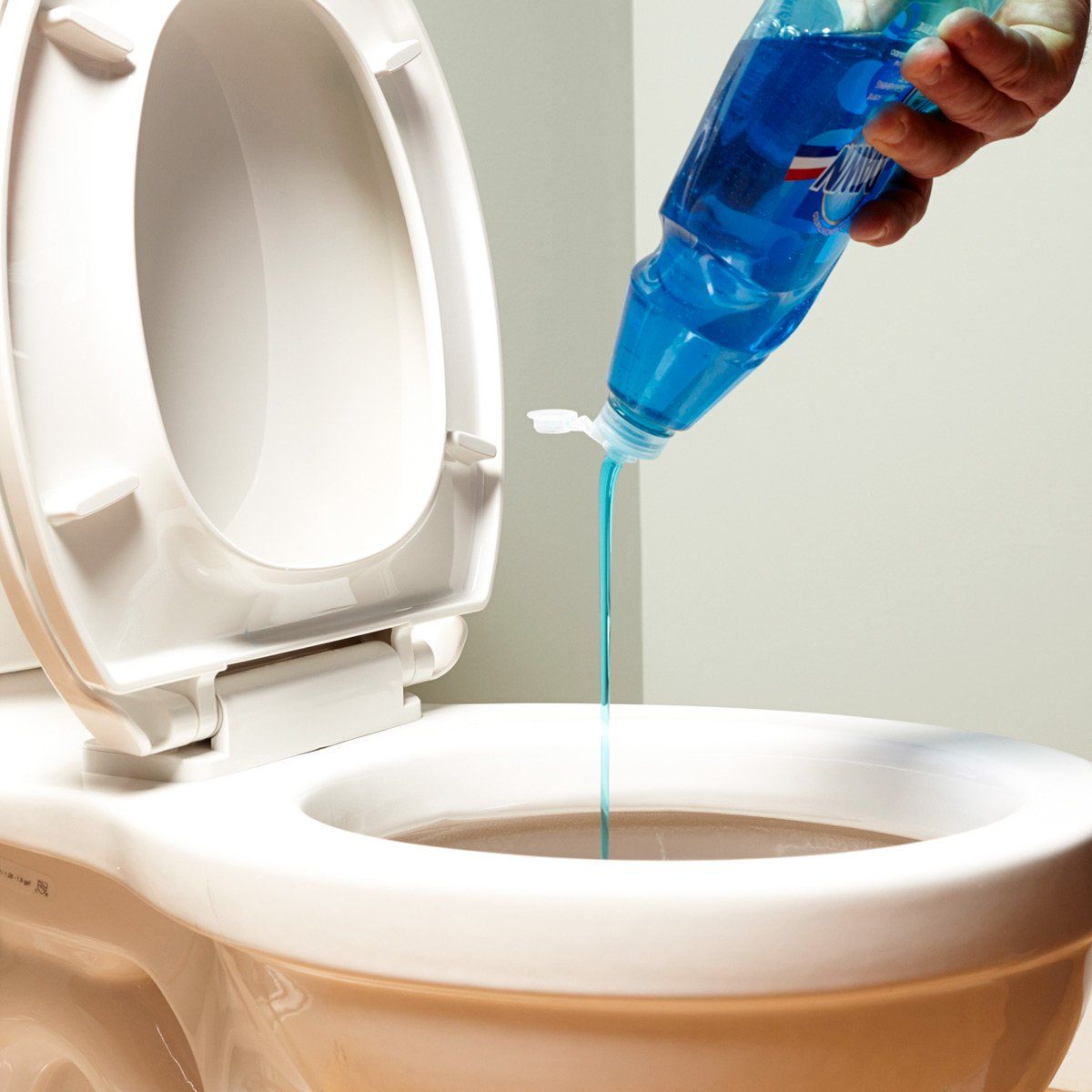
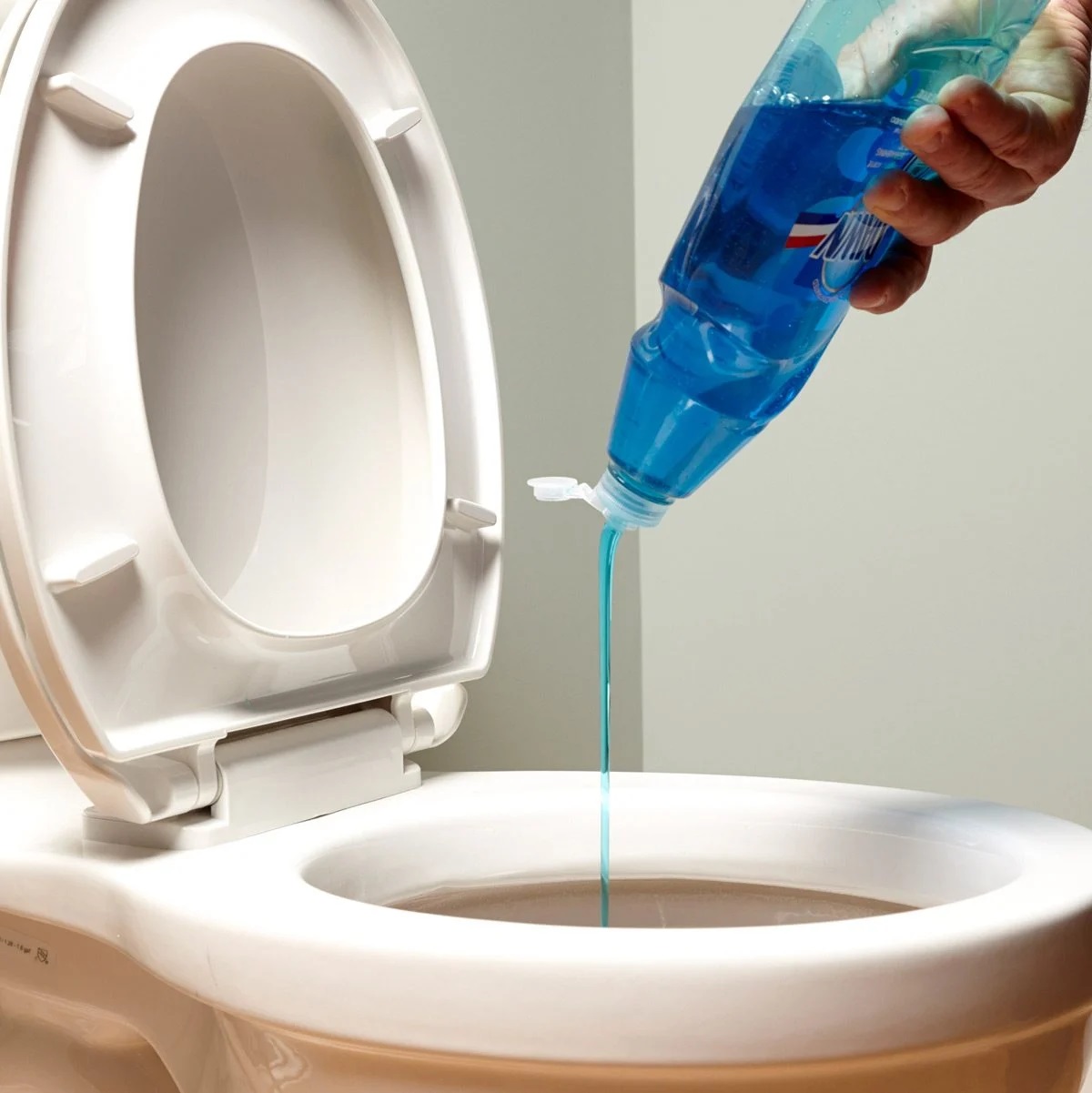
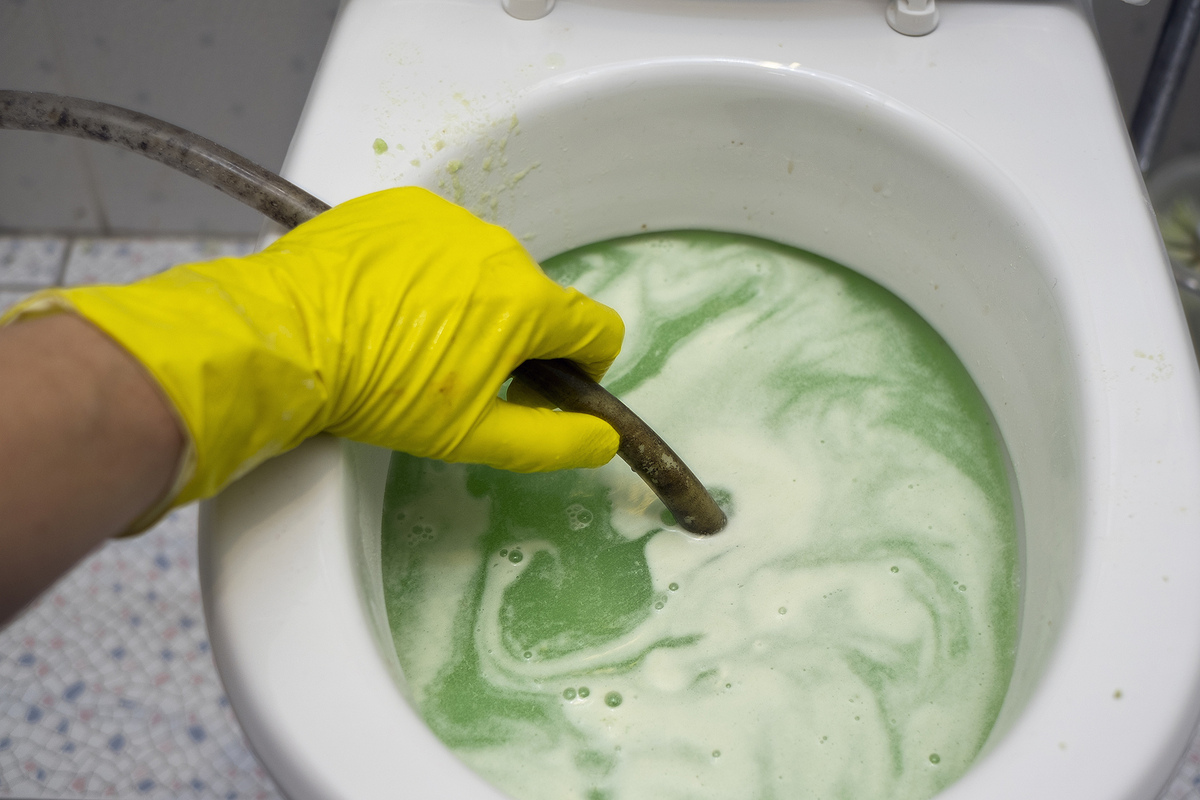
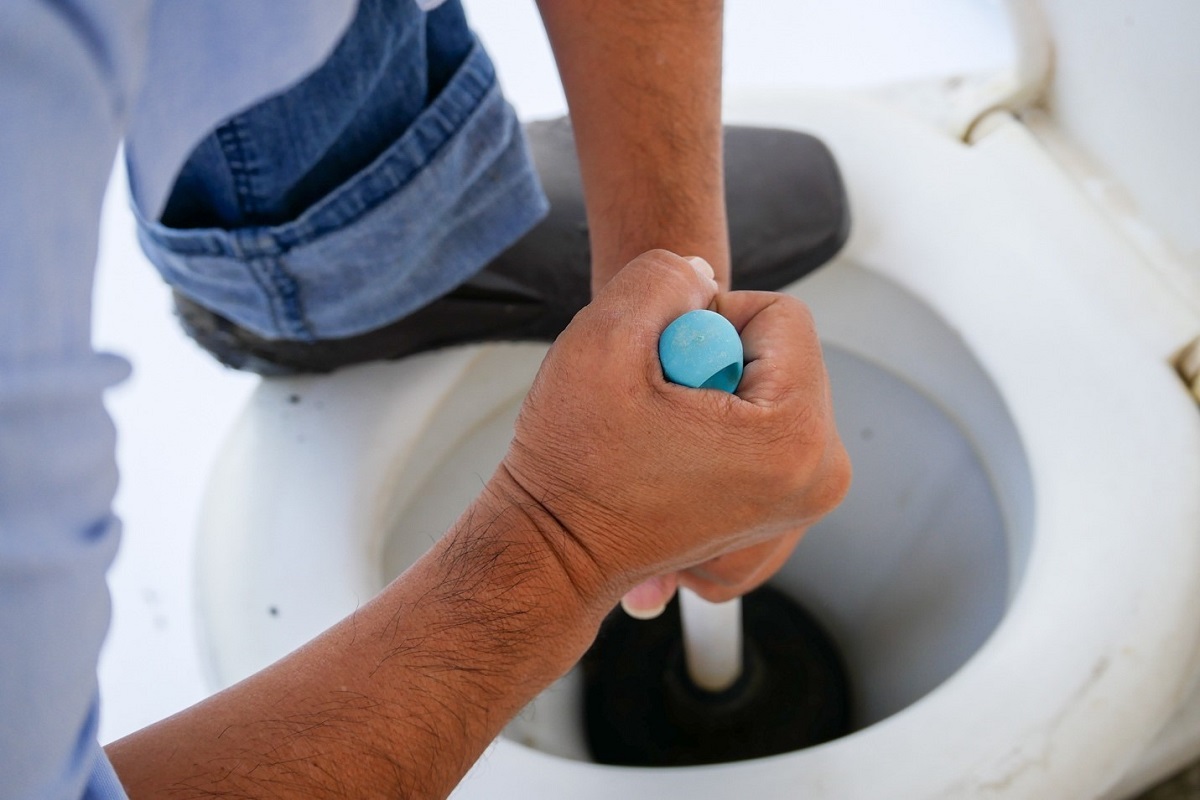

0 thoughts on “How Much For Plumber To Unclog Toilet”